If you're visiting a new place, especially one with popular sites, it's easy to fall prey to tourist traps. So redditor u/Braves_Fan96 asked, "World travelers, what are some of the worst tourist traps you have encountered? What can be done to catch it beforehand?"
Here are some of the responses (and a few of my own) so that you can avoid these traps at all costs and have the most enjoyable, authentic experience abroad.
1. "Look up exchange rates before you get to your destination and only use ATMs inside bank branches. There are companies that operate ATMs in airports and train stations, and they take advantage of confused tourists by offering terrible exchange rates and setting the default amount for withdrawal too high. I've noticed that in Prague, for example, the default withdraw amount on some ATMs is equivalent to a whole month of rent."
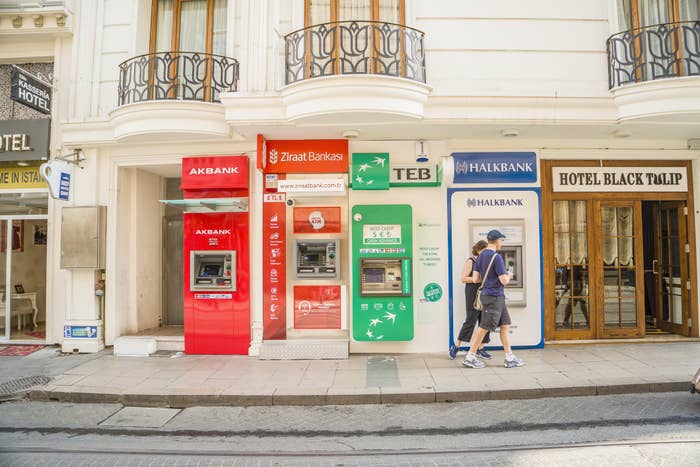
2. "If there is a host or hostess trying to lure you into a restaurant, walk away as quick as you can. Instead, ask the locals where they love to eat."

3. "Wherever you're traveling, avoid cabs and always always use a registered company or a ride-share like Uber or Lyft. This won't only save you money, but it will also keep you safe."
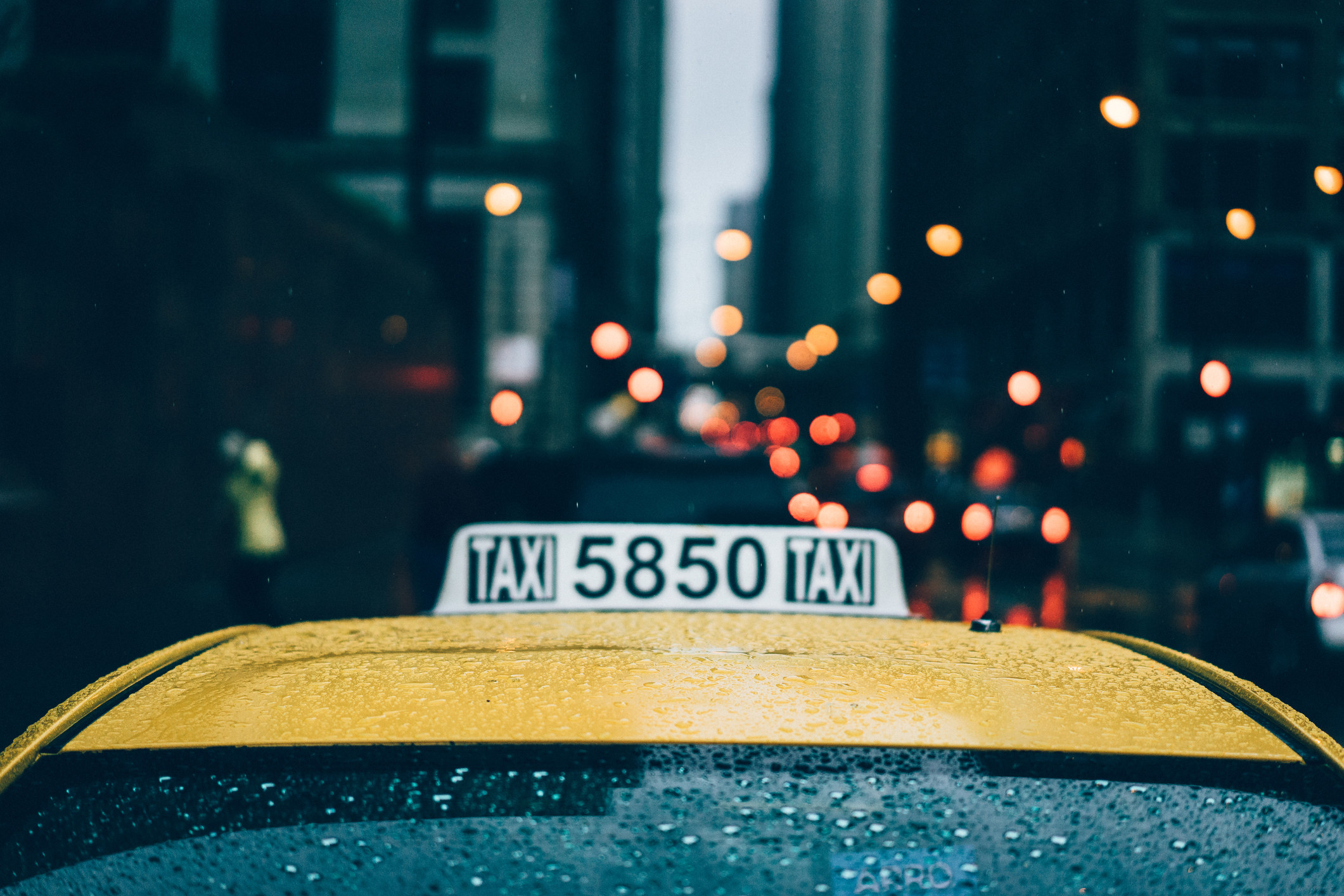
4. "At the Pyramids of Giza in Egypt, people with fake badges approached me and said I was required to pay them extra to see the Sphinx. Just be aware that it's already included in your park ticket."
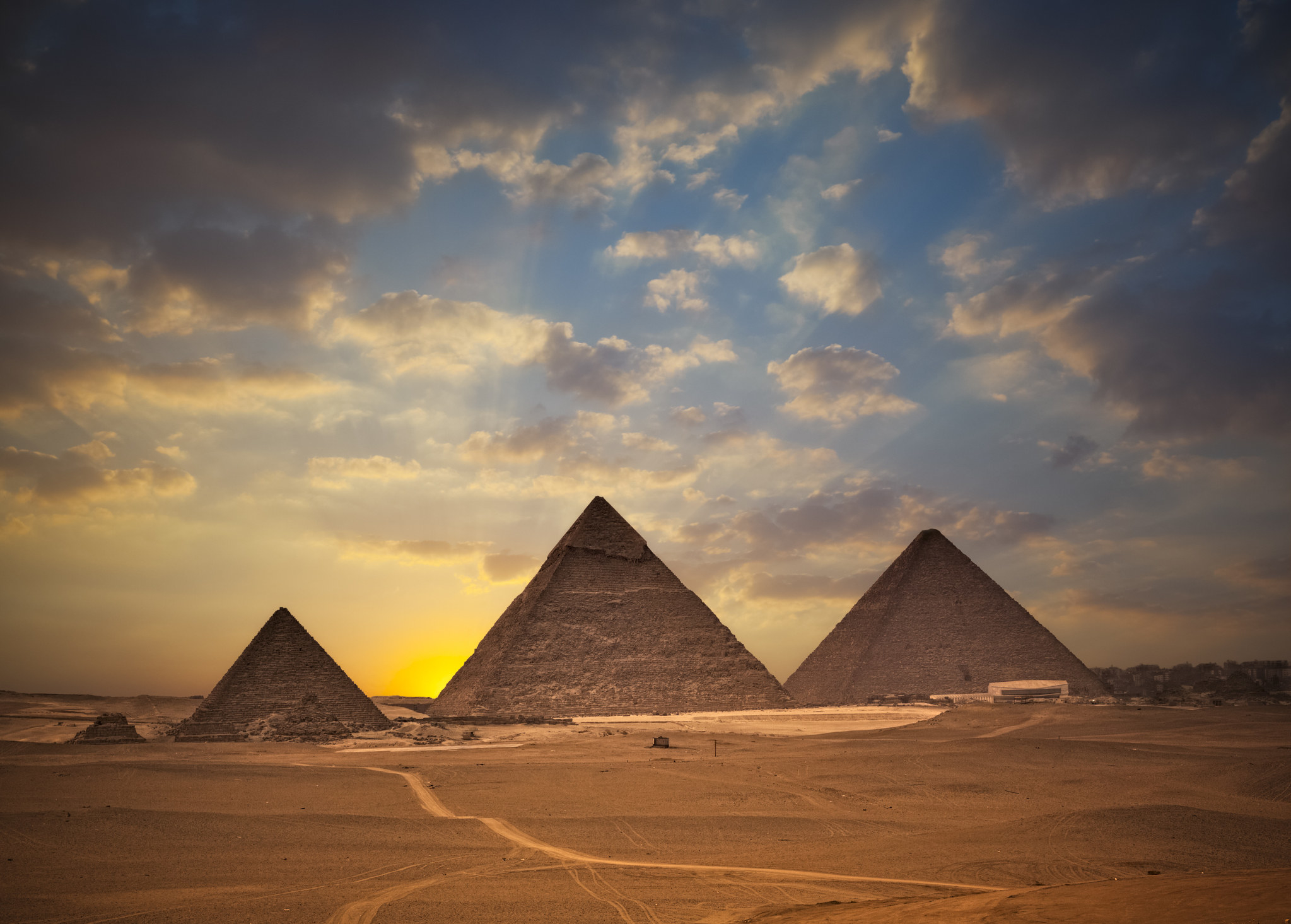
5. "In Italy, there's a popular scheme where a guy might approach you, tie a bracelet around your wrist, insist it's a gift, and then demand money for it. If someone offers you something, anything, for free, don't take it and walk away."
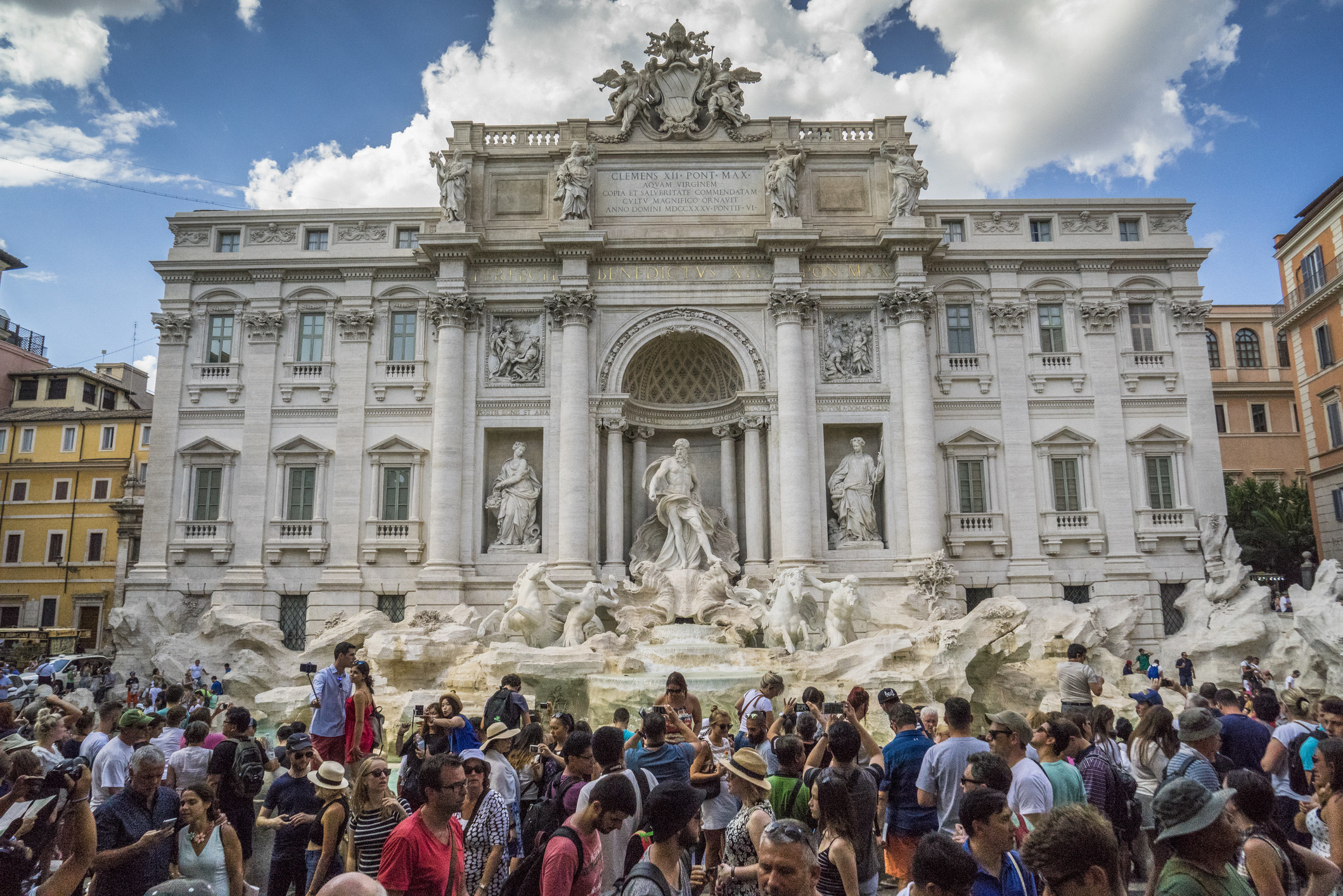
6. "When you're dining out in Europe, the bread or crackers that is brought over to your table probably isn't free. If you don't want it, tell the waiter to take it away. Otherwise, expect to see a line for it on your bill."
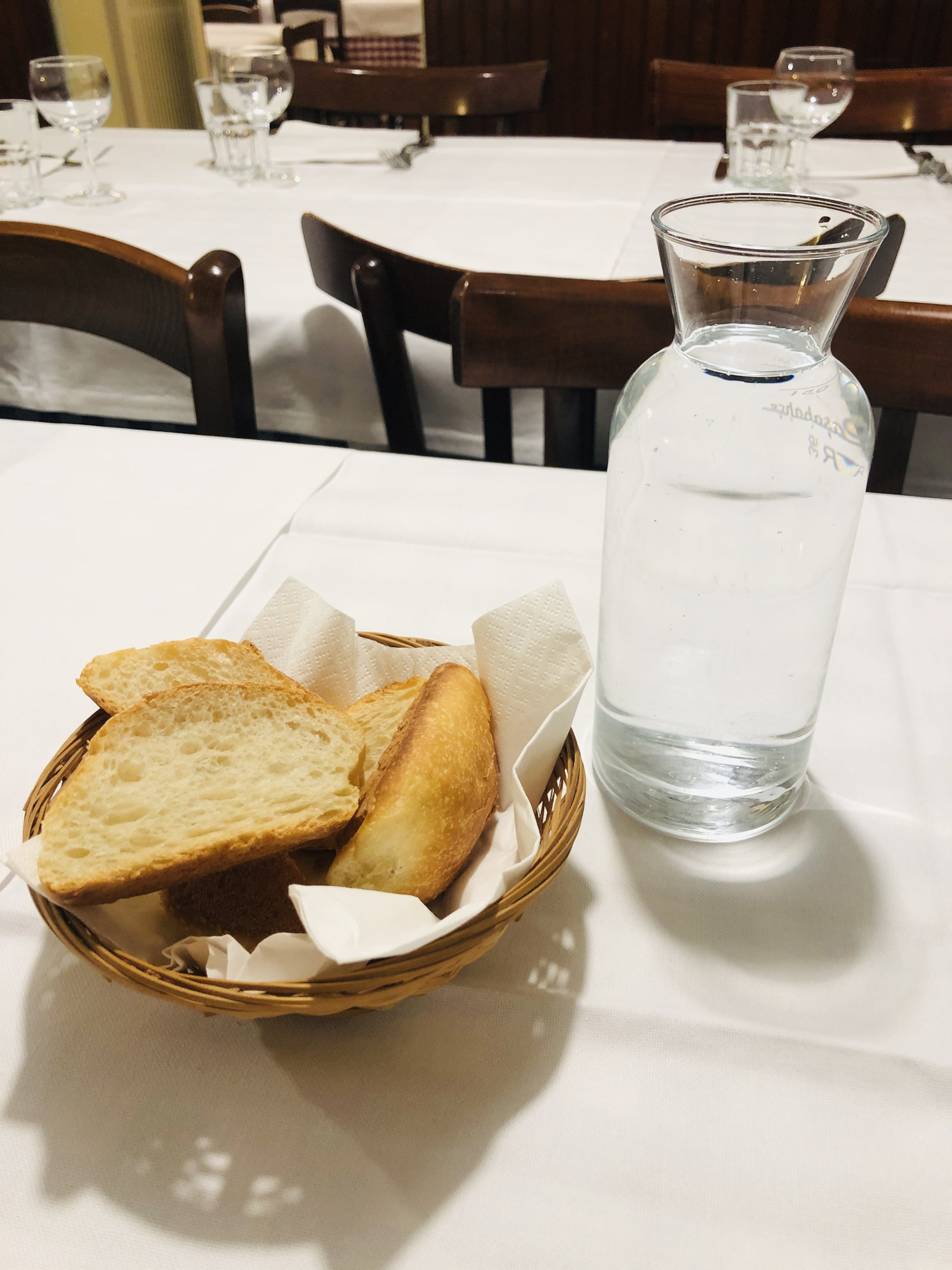
7. "Barcelona is a lovely city, but everybody and every guidebook hype up Las Ramblas. In reality, it's one very crowded street and nearly every restaurant and shop is selling overpriced, low-quality products. Avoid Las Ramblas entirely and spend your time strolling around the nearby Gothic Quarter."
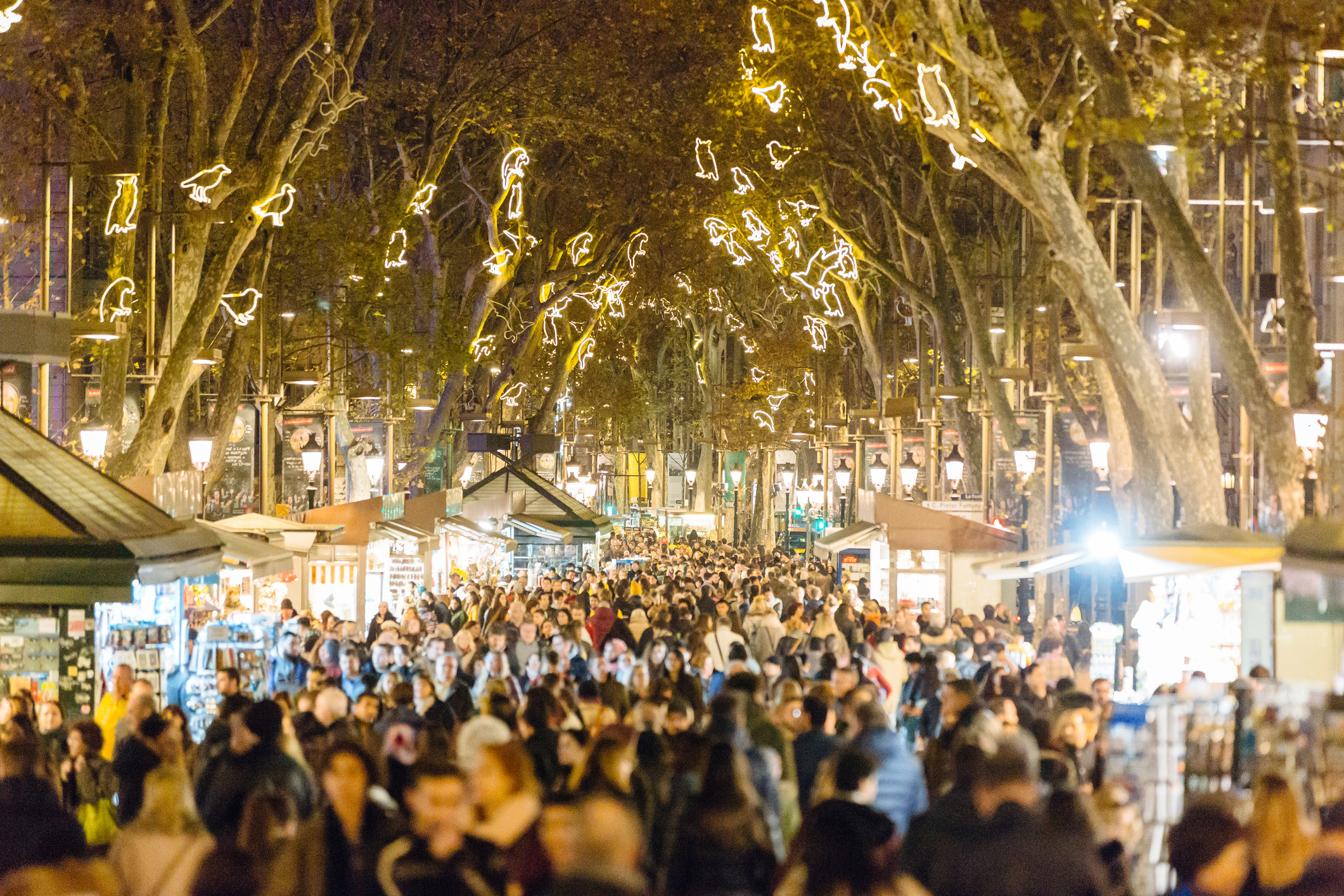
8. "If you're considering eating at a restaurant and the menu has watermark photos or fake plated food to illustrate the menu items, avoid it."
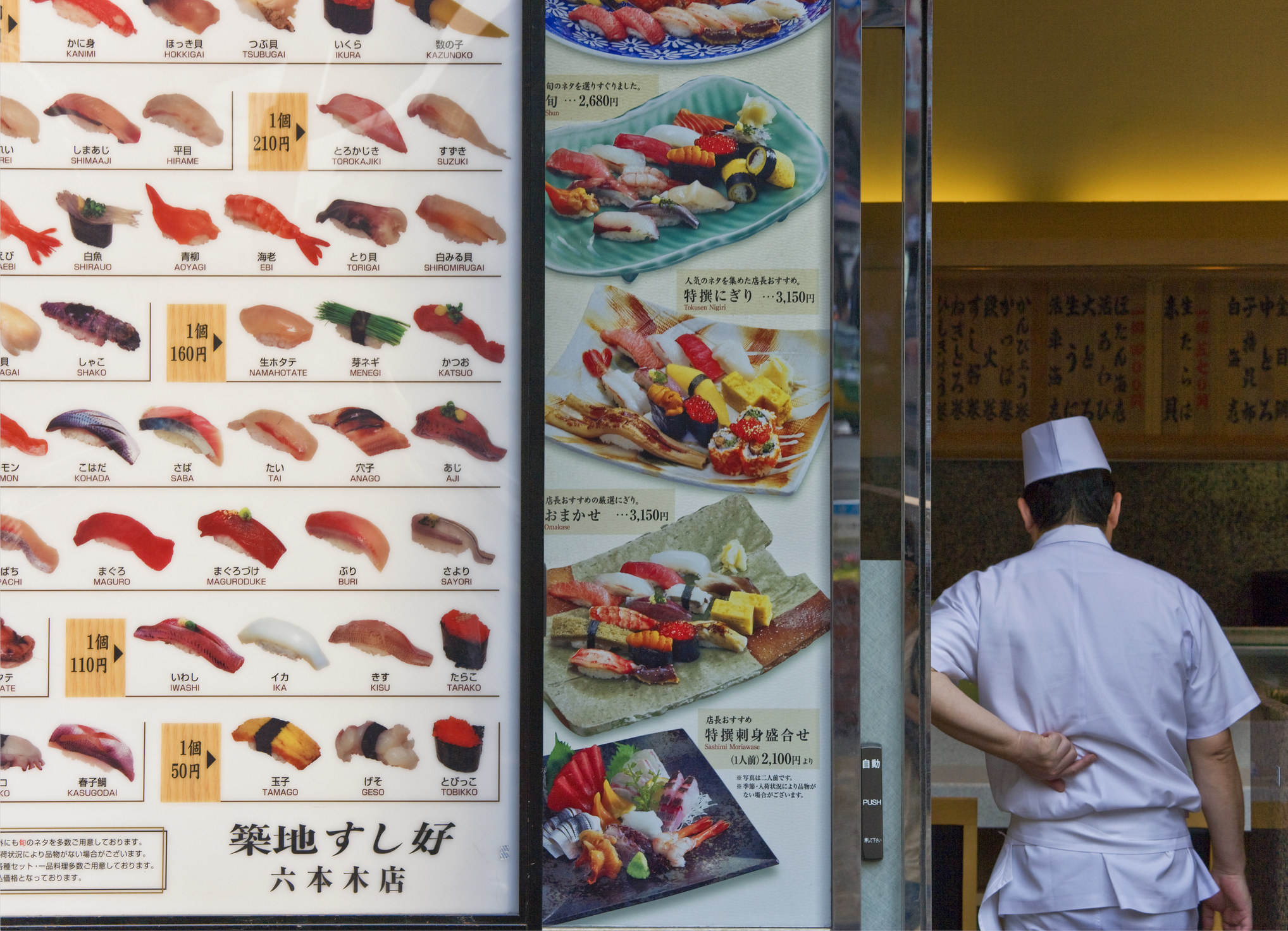
9. "If someone comes up to you in New Orleans and asks you where you got your shoes, the proper answer is to keep walking and ignore them. Don't let them polish or clean your shoes because they'll charge you for that and for the small talk."
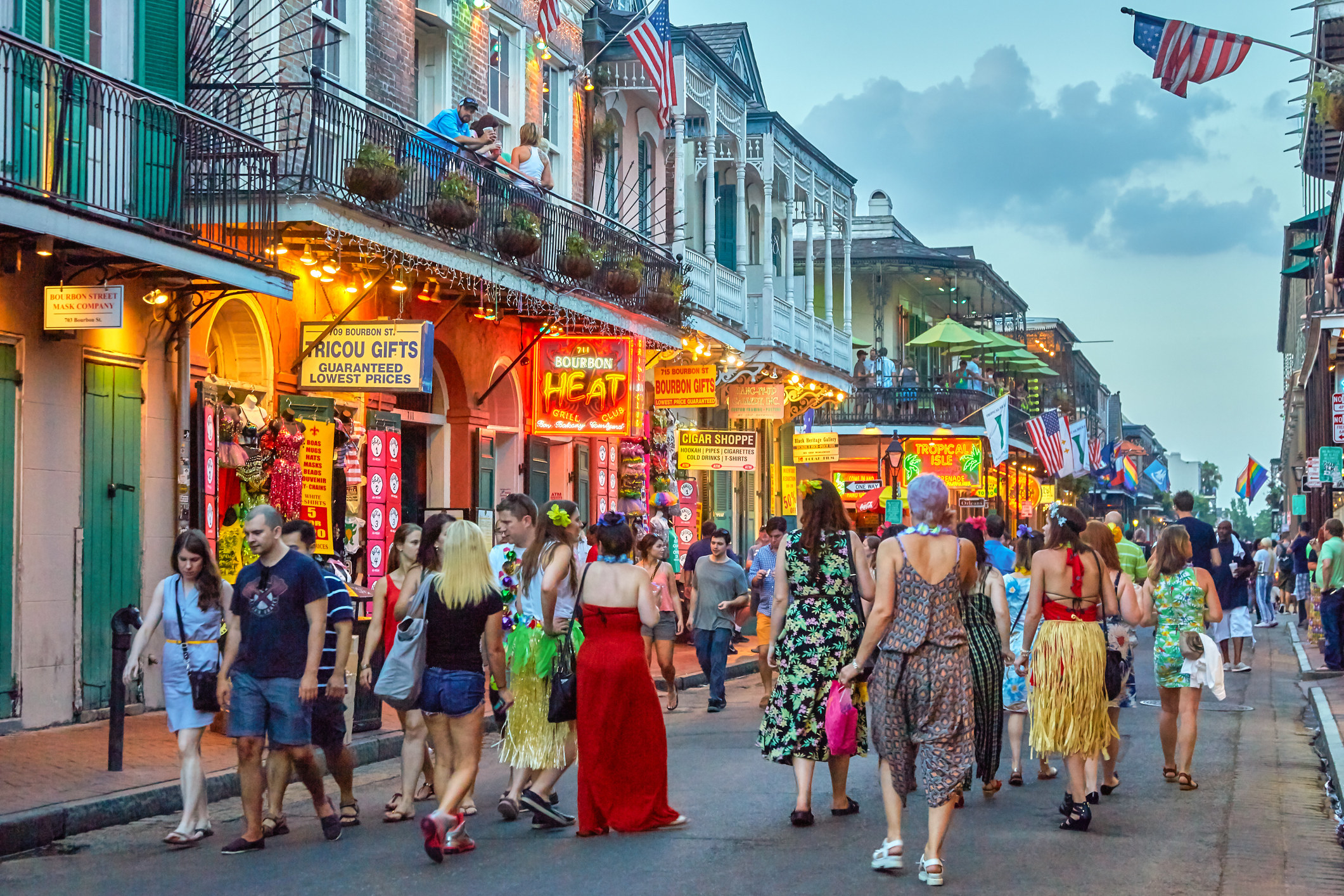
10. "Pay very close attention to the fine print when you rent a car, especially if you're tired after a long flight. I've had salesmen sneak in extras that I didn't want or need. In Ireland, I noticed right before I agreed to pay £100 for satellite navigation. Read the print and always question the numbers."
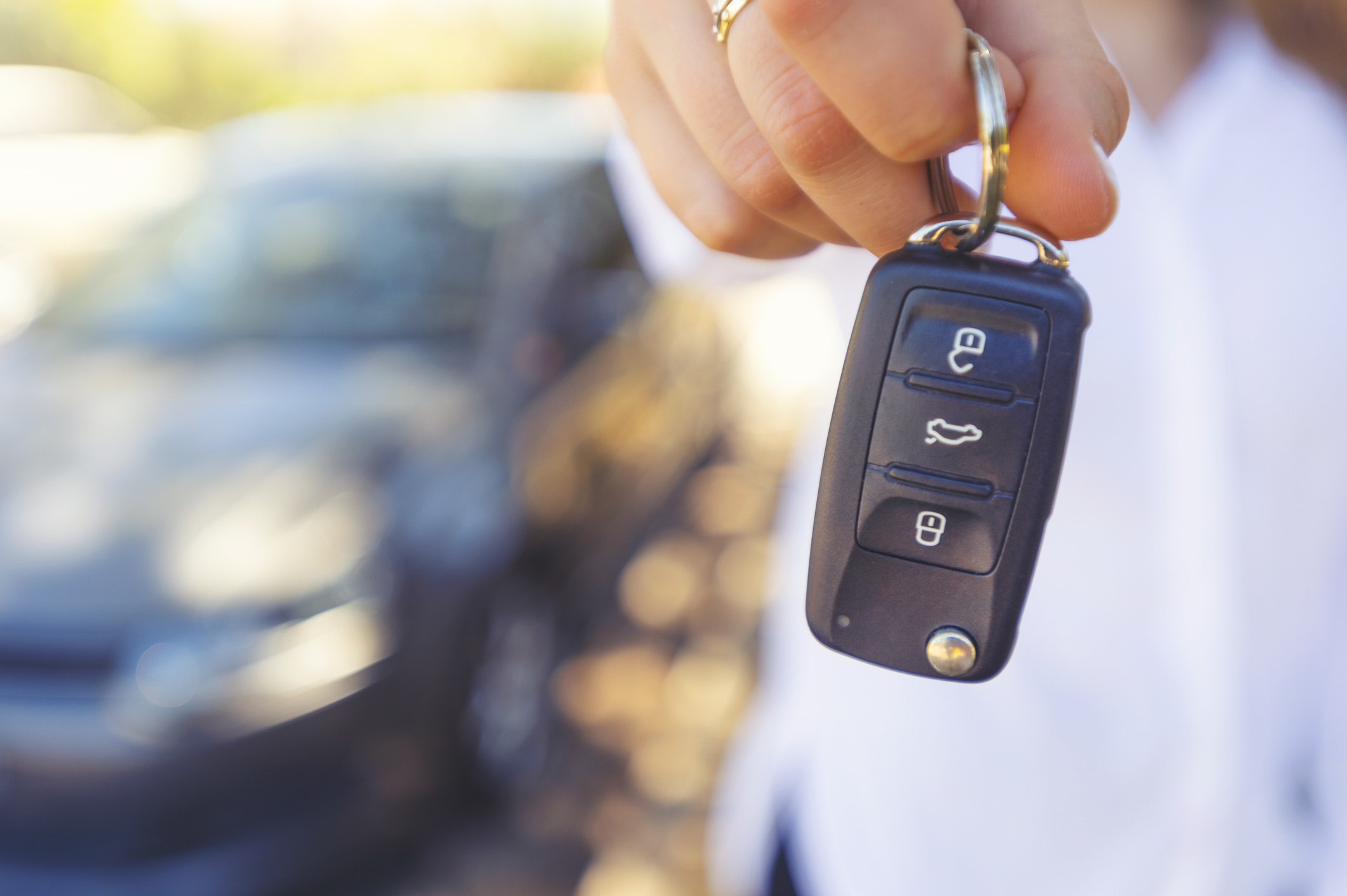
11. "In Paris, there's a Paris Visite card that tourists are targeted for. Avoid buying this and instead purchase another travel pass called Navigo Découverte. Most tourists don't know about this Monday-to-Sunday-only weekly pass. It's cheaper and if you use it, you look less like a tourist and are less likely to be accosted by scammers."
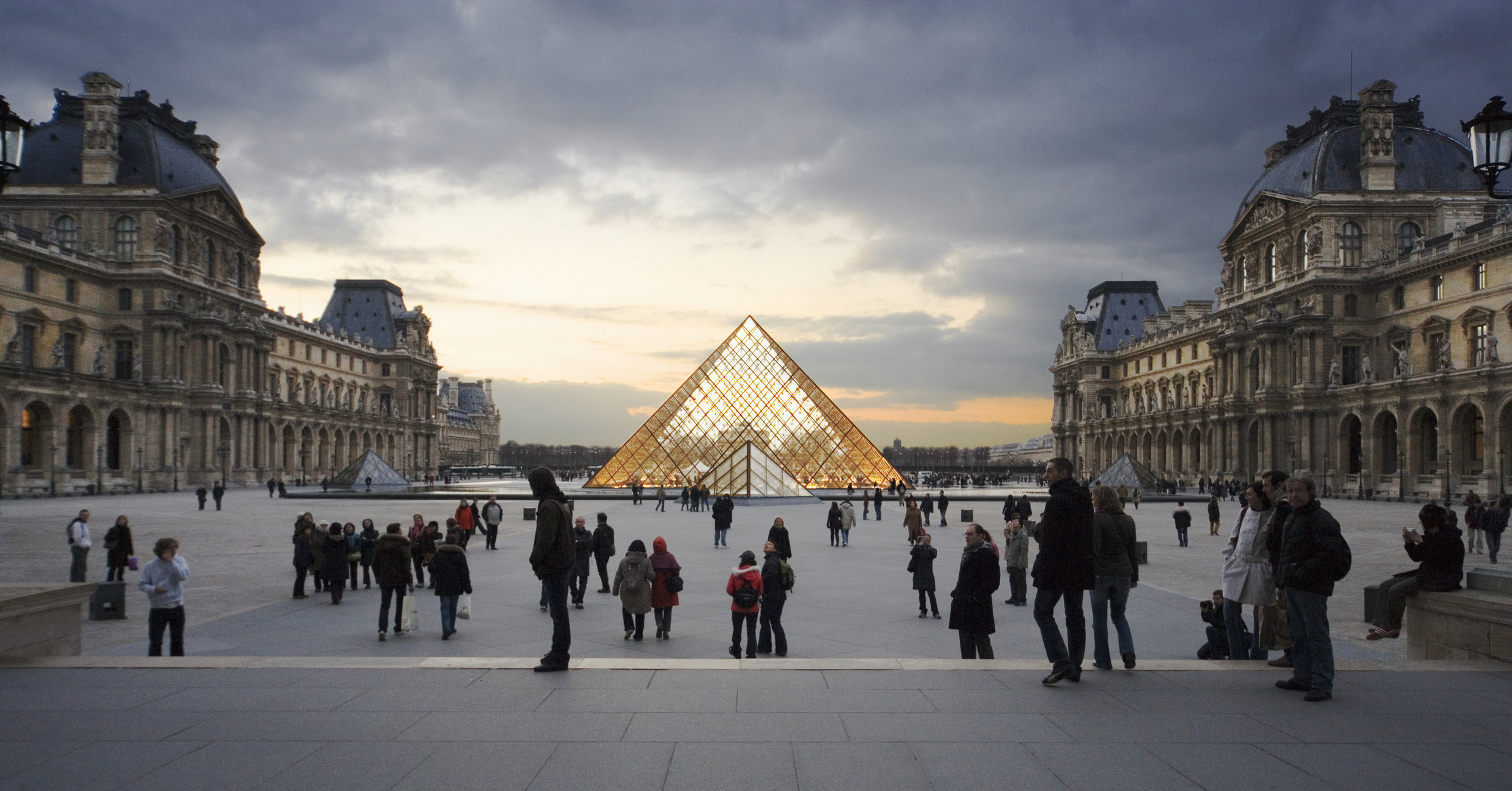
12. "Be wary of scammers in Rome, especially in Vatican City. I saw people dressed in outfits pretending to be staff members trying to trick tourists (even elderly people) that they bought the wrong ticket to the Vatican."
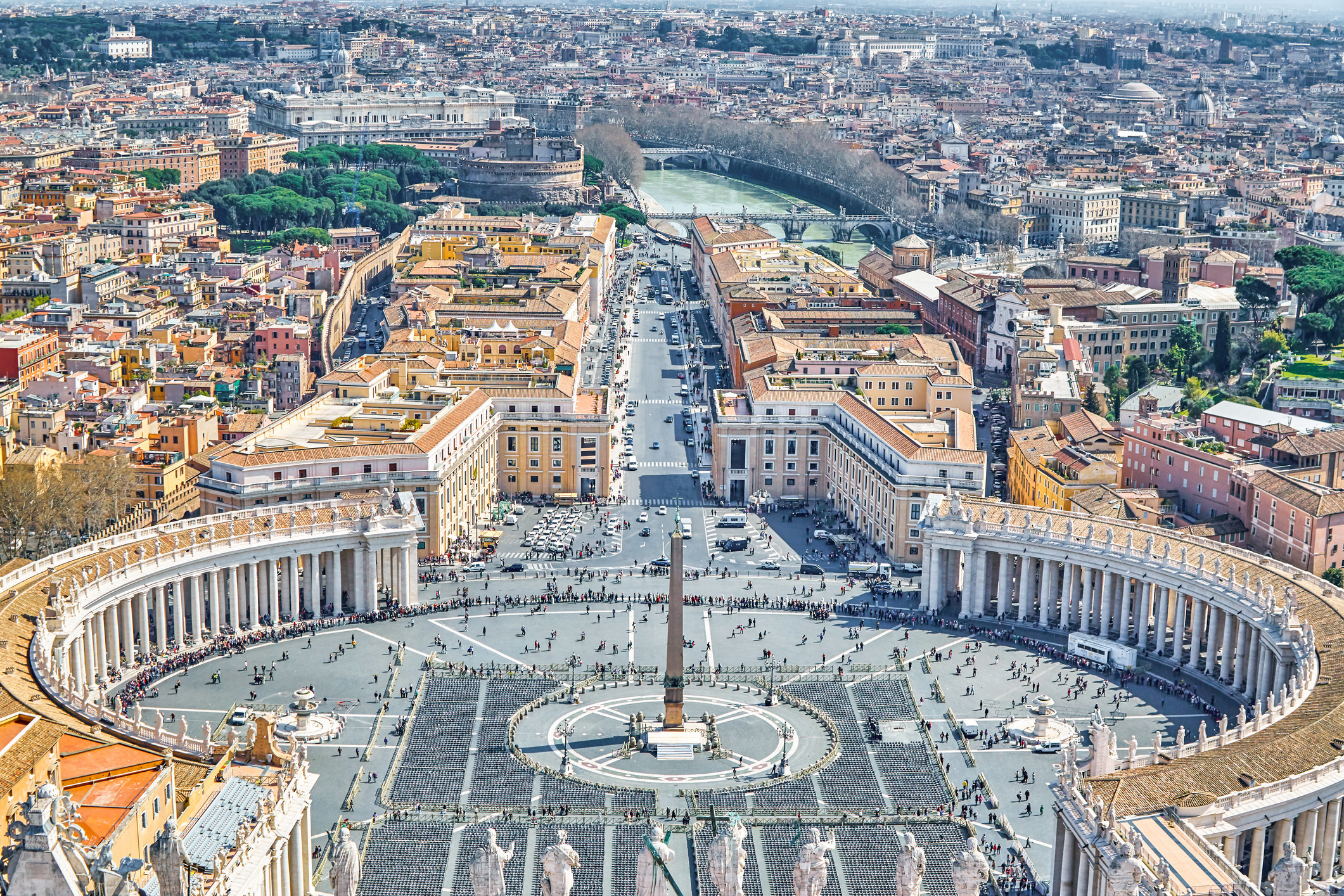
13. "When you're traveling somewhere new, learn how the public transportation system works and how late it stays open. When I was in China, we went bar hopping in Beijing and stayed out past when the subway closed. The taxi cabs knew they were our only way home so they charged us four times the normal fare."
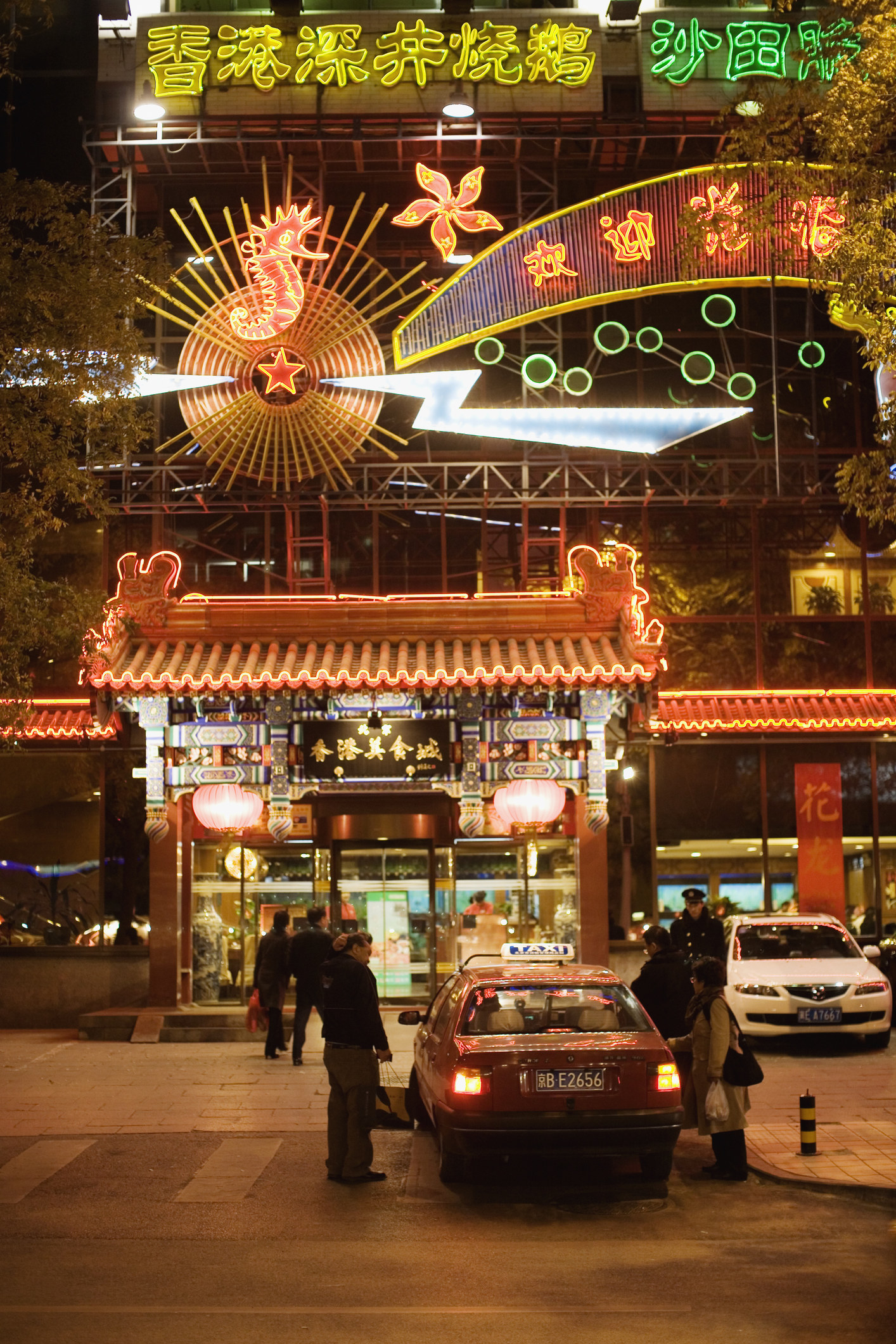
14. If you go to Bangkok and are visiting the Grand Palace, I encountered some very friendly men who told me the palace was closed due to a ceremony. One offered to take me on a Tuk Tuk ride to other temples for a good price. At some point, he mentioned a tailor that makes great custom suits. When I refused buy something, the friendly tone immediately changed.
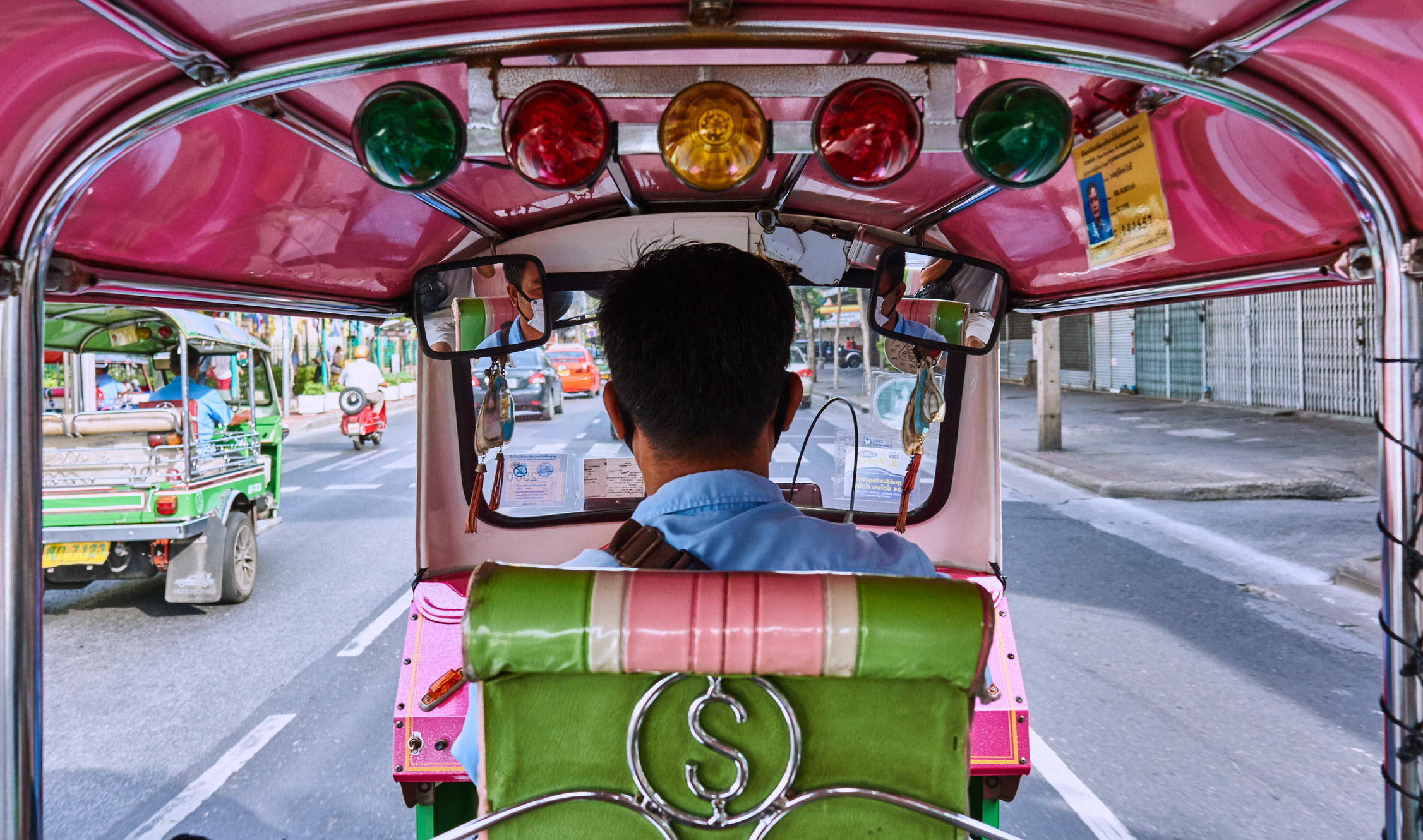
15. "If you want a guided tour, arrange it ahead of time. A lot of popular sites are surrounded by unofficial tour guides. Even if they have a badge or an official-looking uniform, they may have no idea what they're talking about. I fell for this trap in Machu Picchu. Real tour guides won't approach you or try to give you a sales pitch."
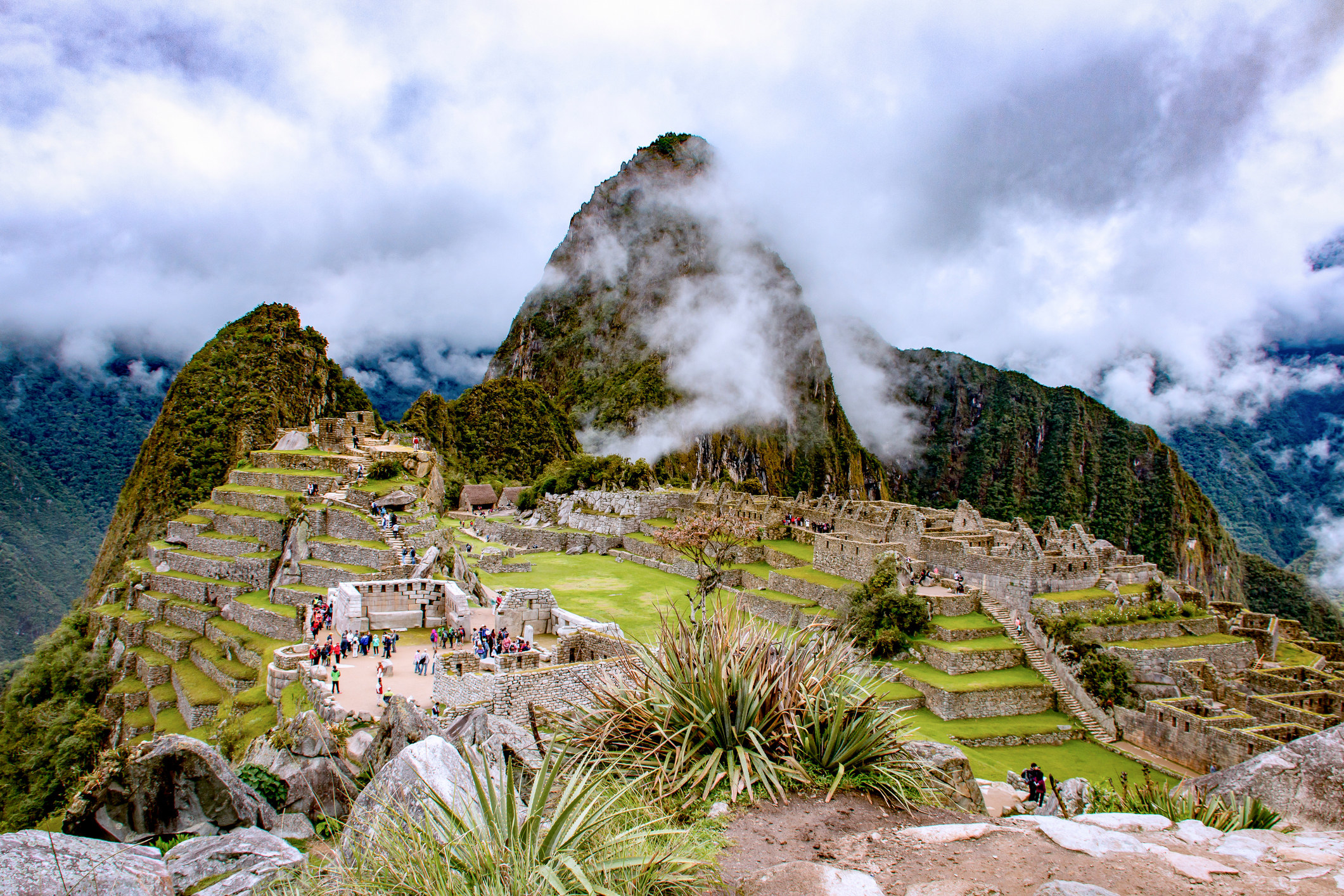
16. If you're wondering whether a restaurant in Italy is authentic or a tourist trap, look at the opening hours. Legitimate Italian restaurants that cater to locals will open for dinner no earlier than 7 p.m., while tourist traps will stay open all day. There are obviously some exceptions but this works as a good rule of thumb."
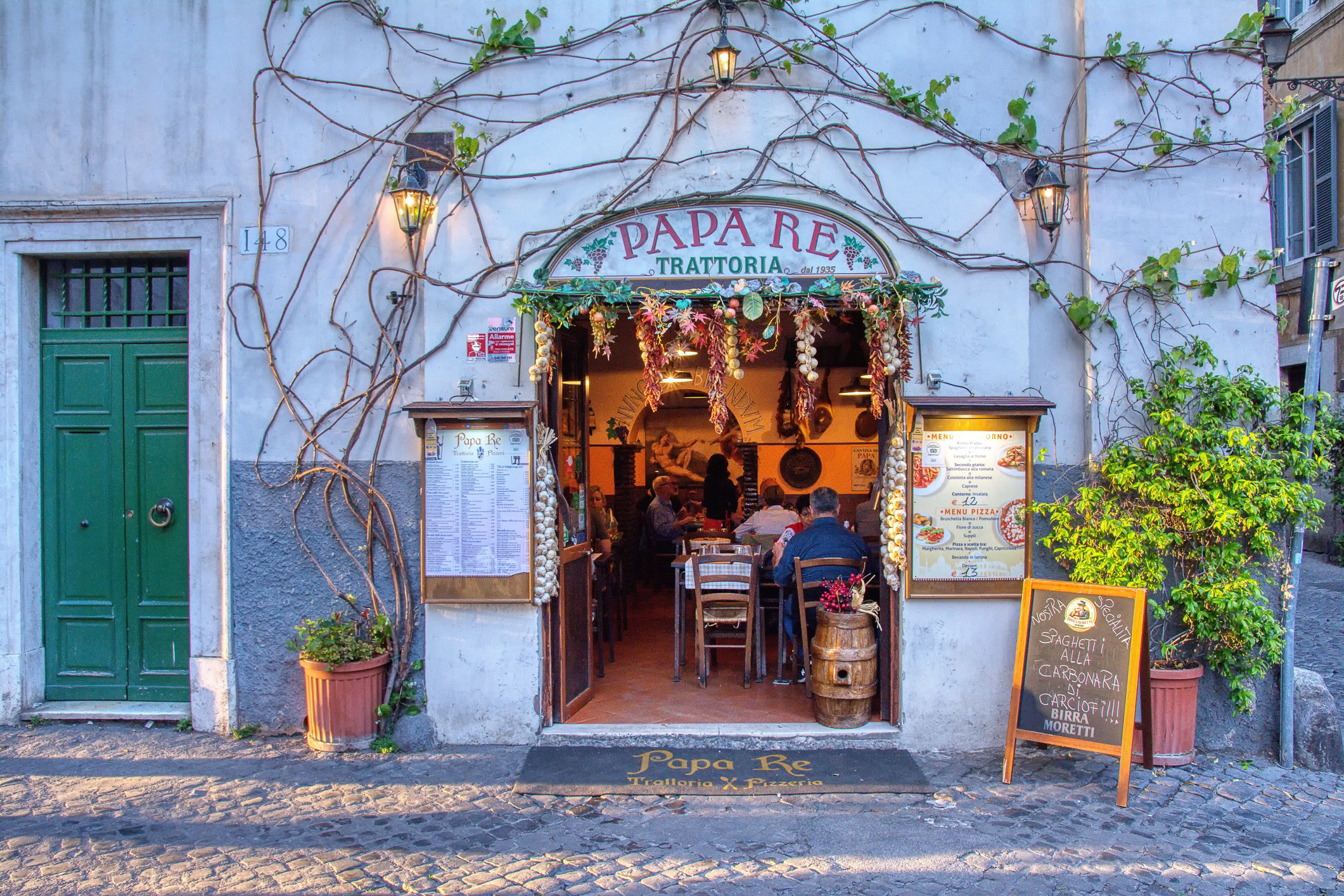
17. "Avoid Navy Pier in Chicago. It's mostly made up of overpriced pubs and souvenir stands. If you're a tourist in the city, take an architecture boat tour instead and have a drink at the Signature Room in the Hancock while you enjoy the views."
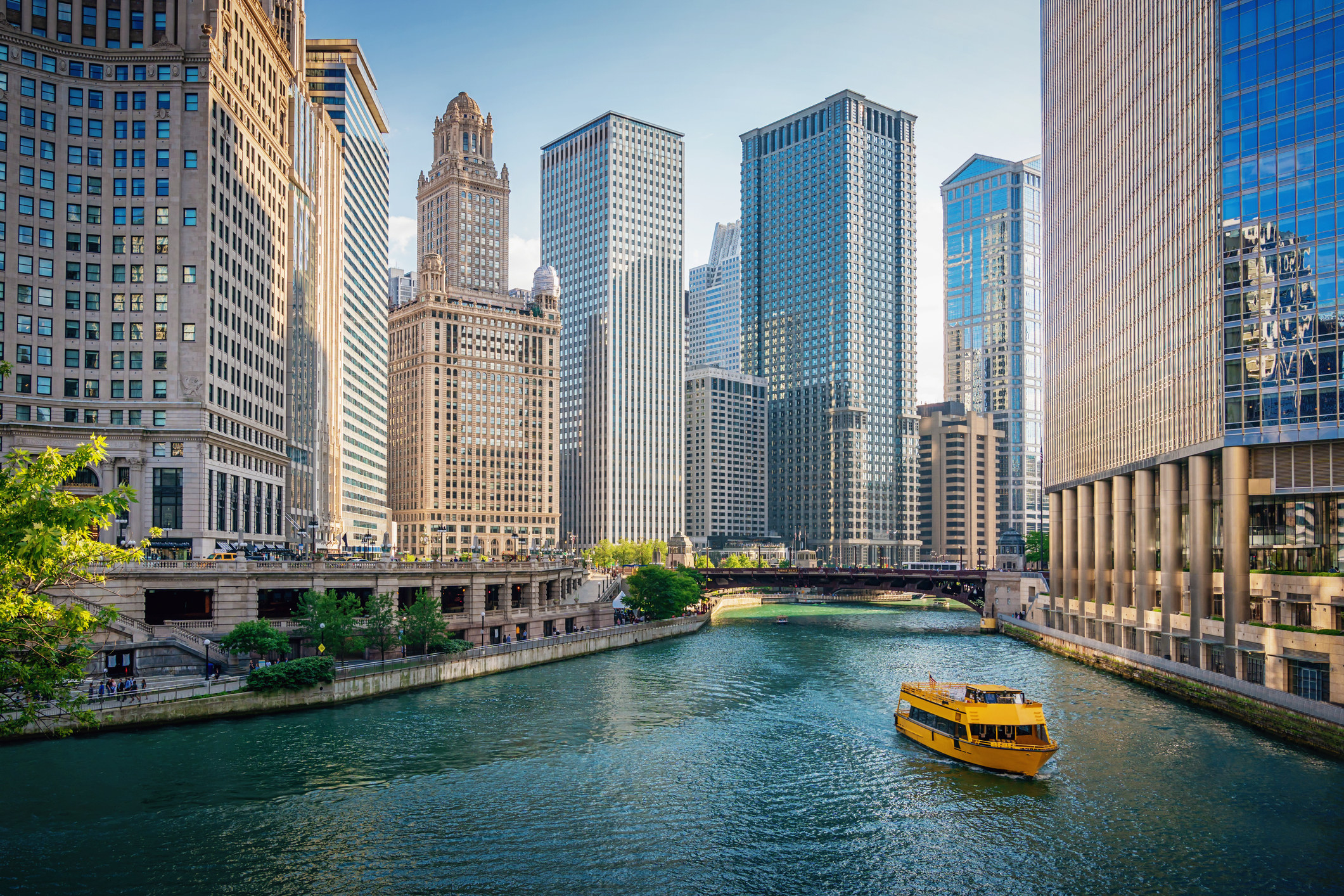
18. "If you're flying Ryanair or a similar budget airline, familiarize yourself with the rules and hidden fees before you arrive at the airport. I once forgot to print my boarding pass ahead of time and was smacked with a hidden $80 fee."
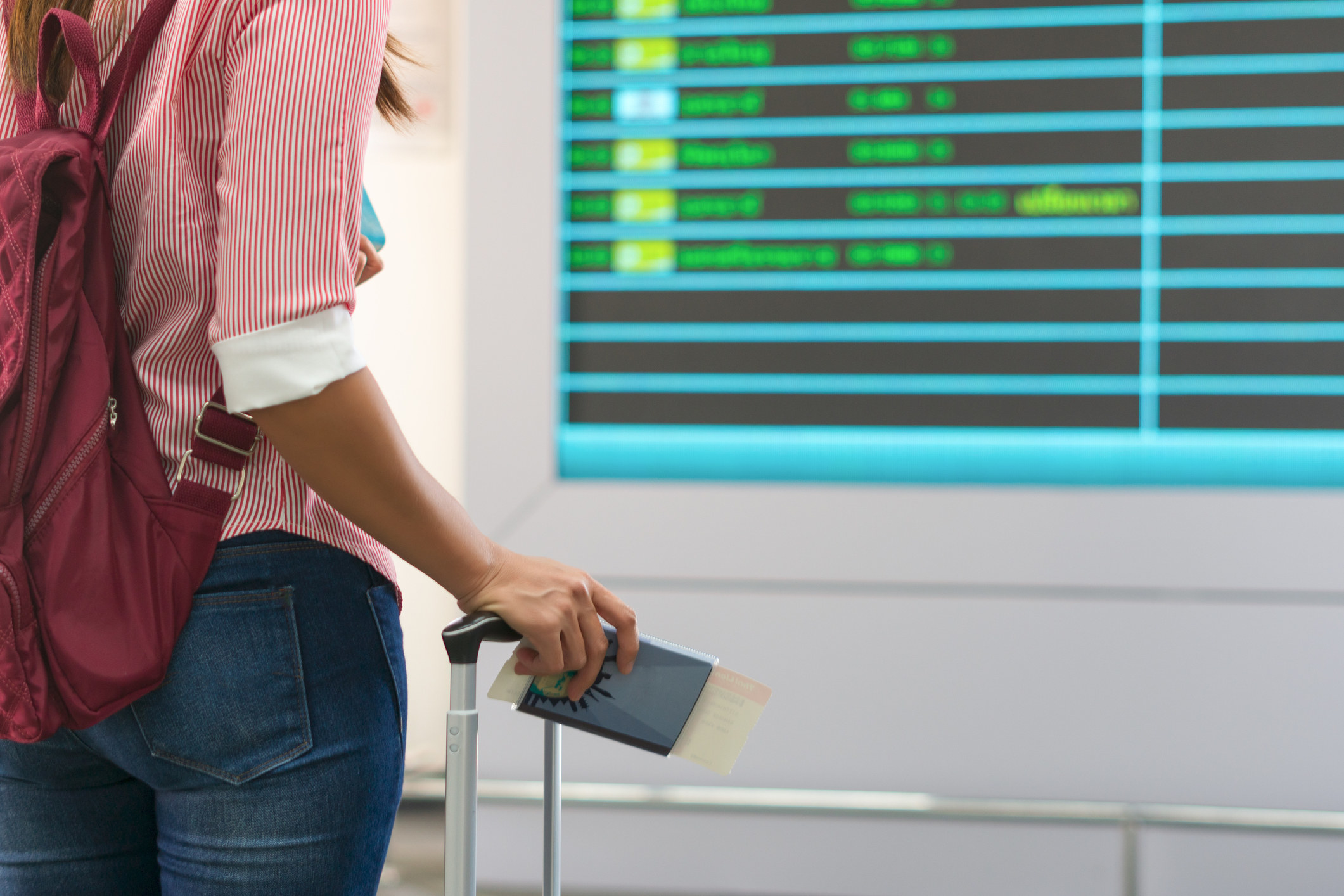
19. "If you're getting into a cab in Vietnam, know the general direction of your destination or follow the route on a map on your phone, if possible. I've had taxi drivers take me around the city for 45 minutes to rack up a fare, only to realize later that my hotel was just short walk away."
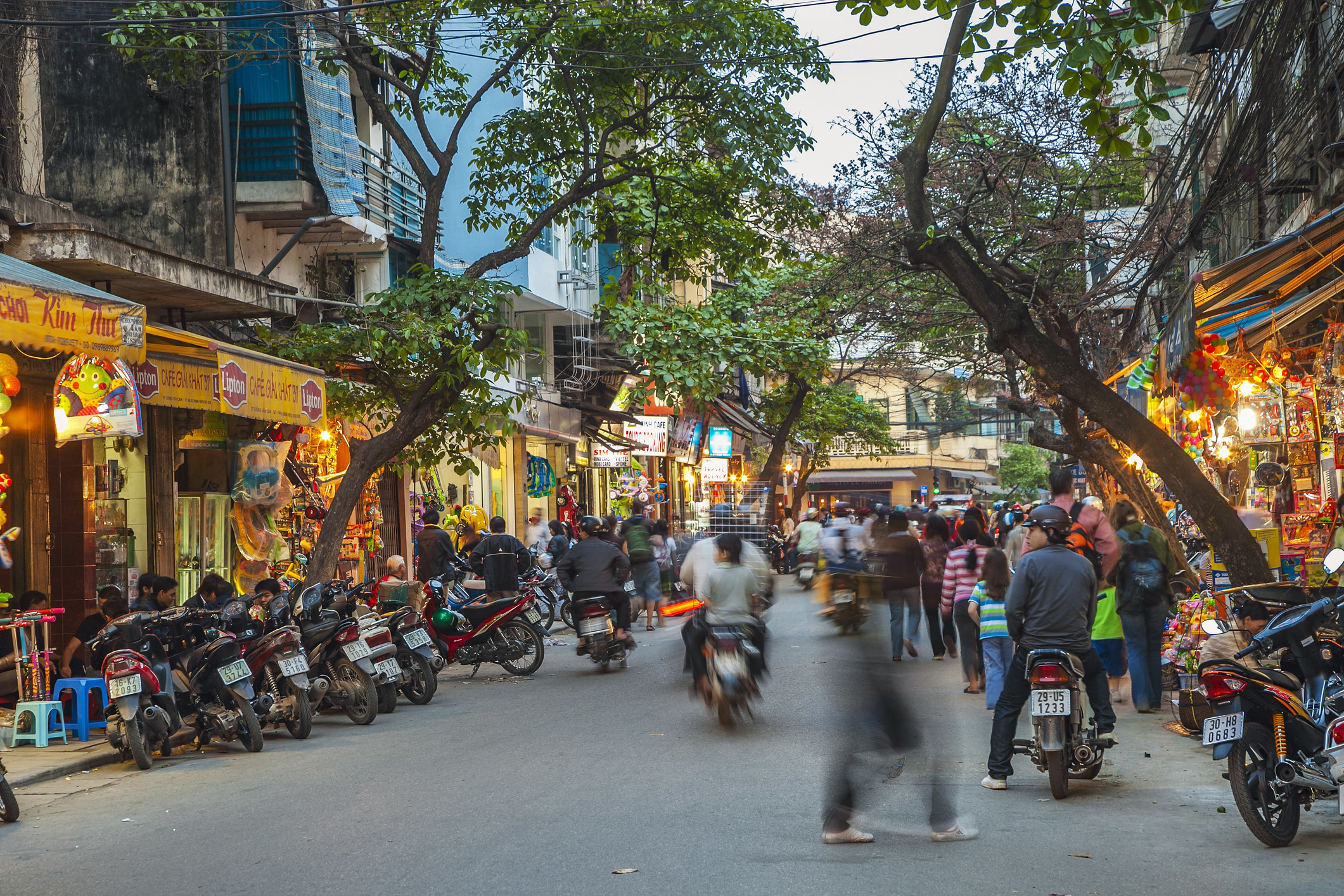
20. "Think twice before you buy cocktails like the infamous mojitos from vendors on Barceloneta Beach. Rumor has it they store those ingredients in sewers to keep them cold. Whether or not there's truth to it, you probably don't want to get E. coli to find out."
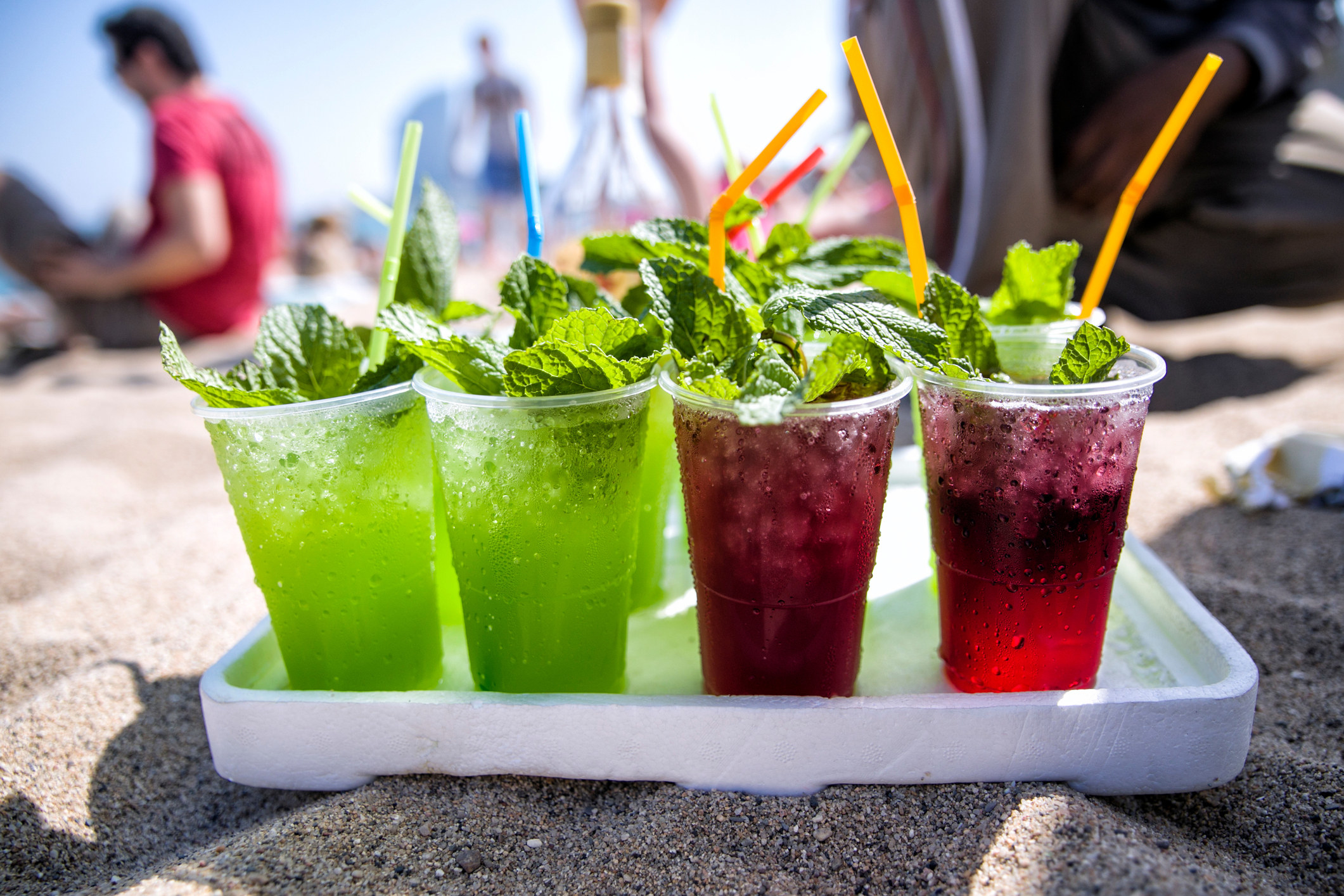
21. "Always keep your belongings close when someone you don't know approaches you in a touristy area. In Europe, especially in big cities like Paris, pickpockets have a technique where they distract you to steal your things. If a stranger approaches you to talk, focus on your pockets, your wallet, and your phone."
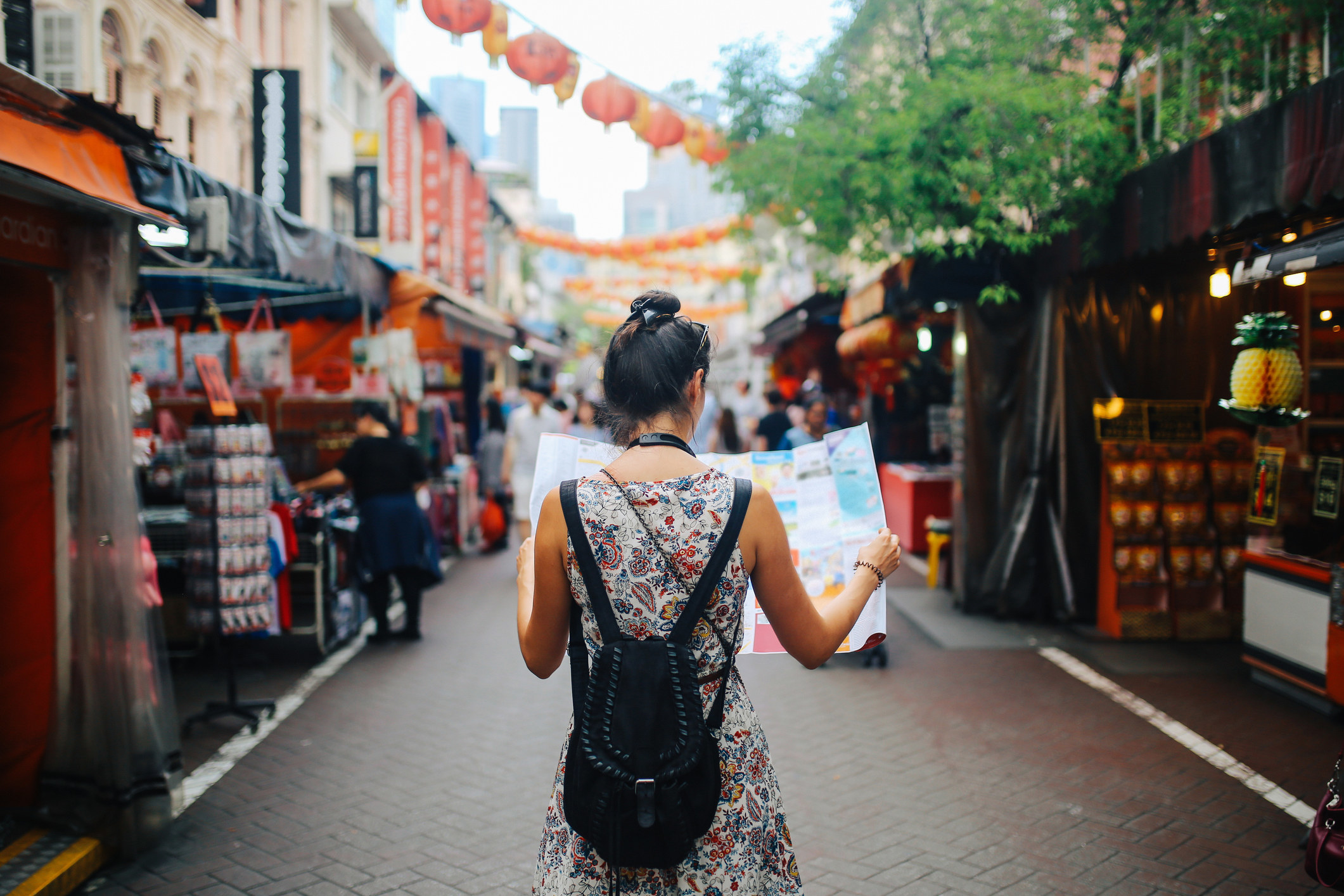
22. "Avoid Leicester Square altogether. I think the best service anyone could do for London tourism would be to stand in Leicester Square stopping tourists before they enter any of the establishments like Madame Tussauds and telling them where to go instead to have a good time in this city."
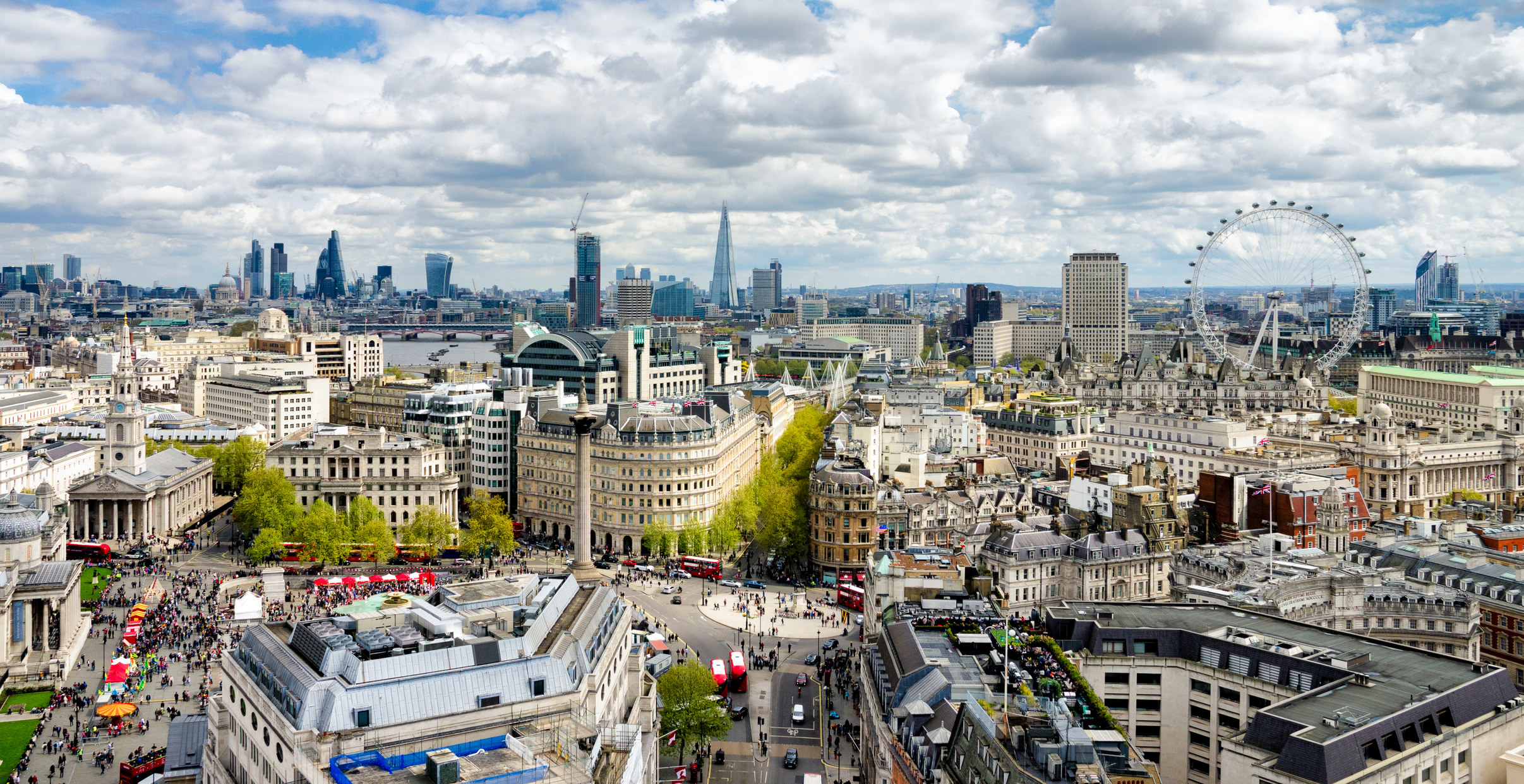
23. "In some countries I’ve visited, restaurants in touristy areas will have two menus: one in English and one in the native language. Pick the native language menu because it will probably have cheaper prices. Then use Google Translate to help you order."
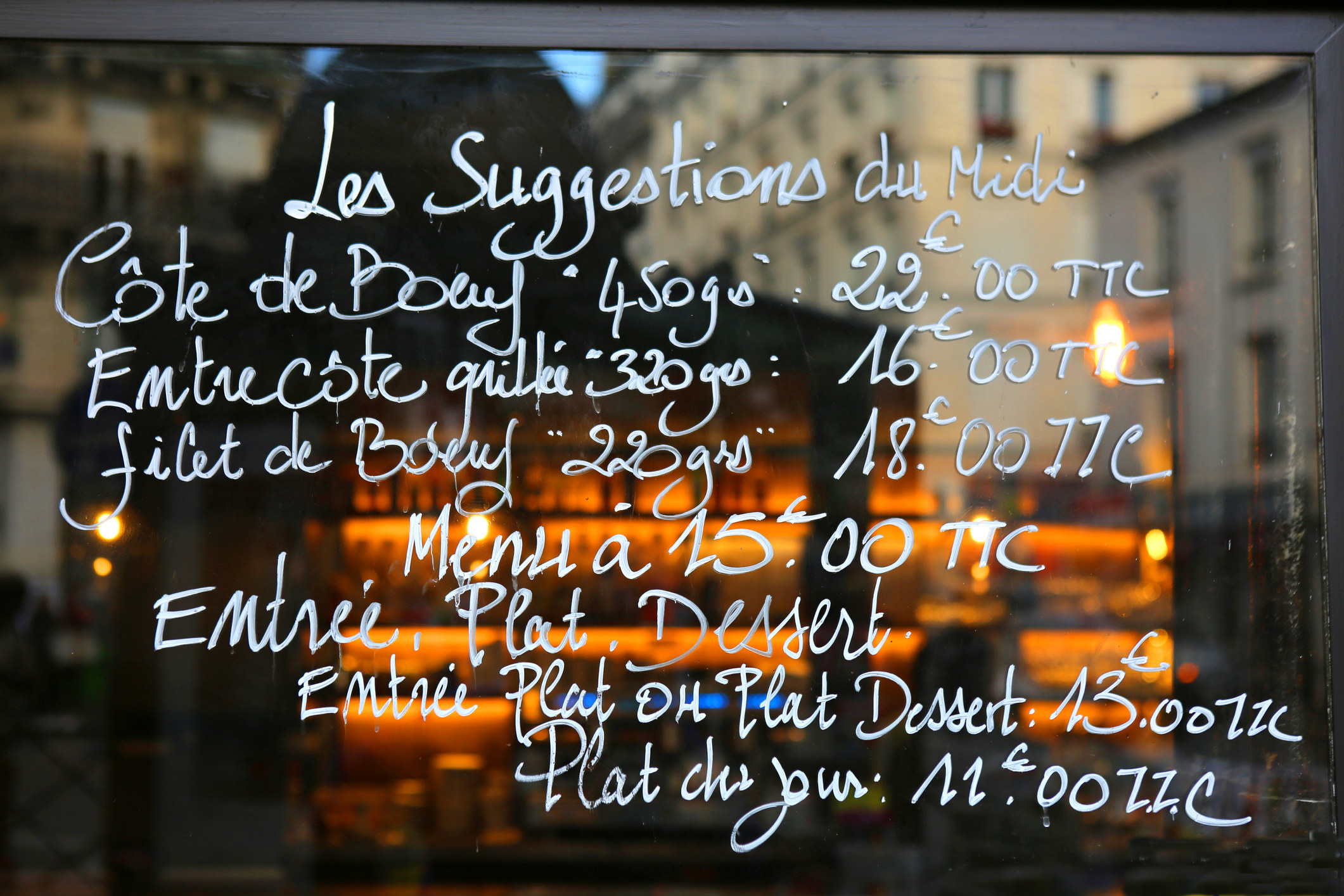
24. As a general rule, avoid restaurants that are right near very popular tourist attractions (the Eiffel Tower, Sagrada Familia, the Colosseum). These places are probably there to lure in tourists who don't know any better. There are some exceptions of hidden gems in touristy areas but unless you've done your research ahead of time, avoid these spots.
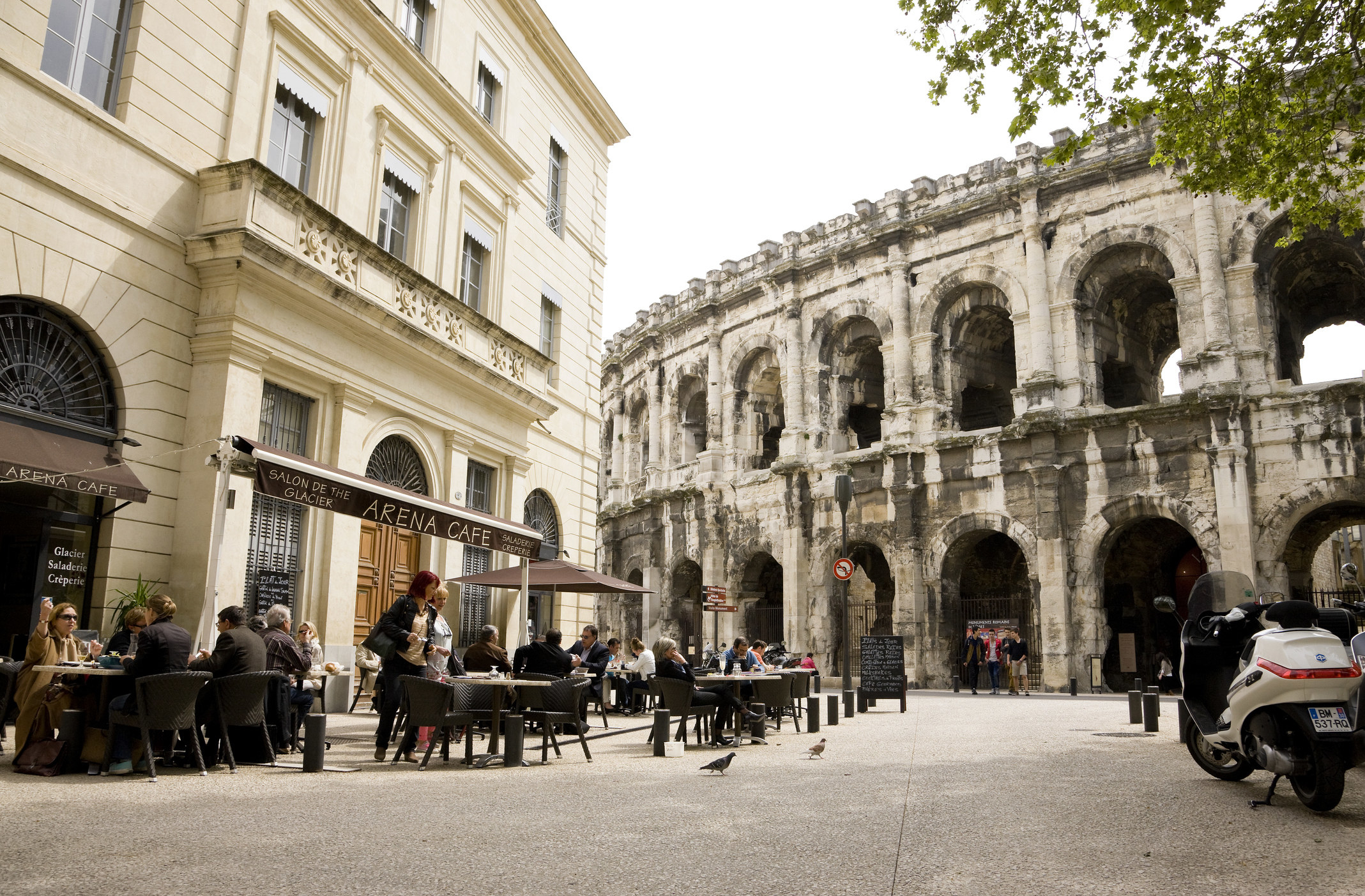
Have you encountered an avoidable tourist trap or a red flag abroad that other travelers should be aware of? Tell us in the comments below.
Disclaimer: This article was written to provide future travel recommendations or suggestions. However, it’s important to keep in mind your own health, community health, and COVID-19 exposure risk.
